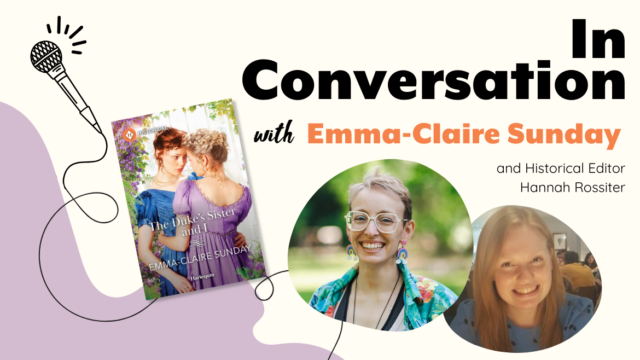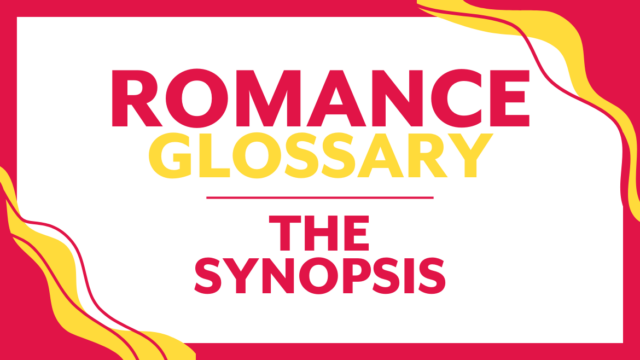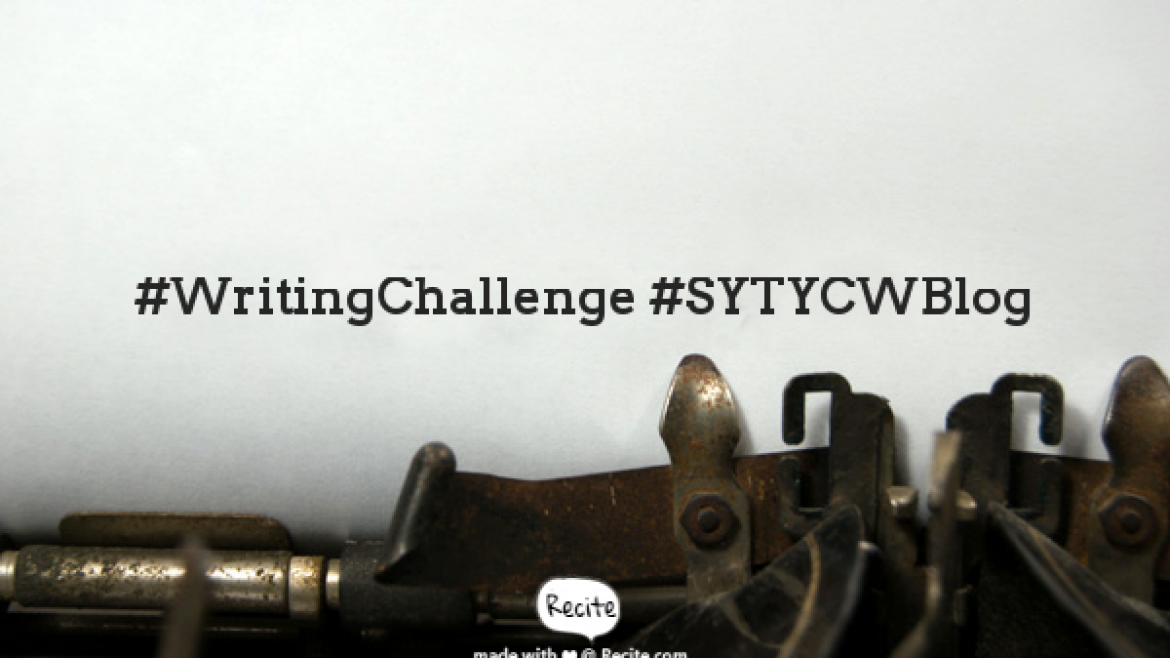
By Deirdre
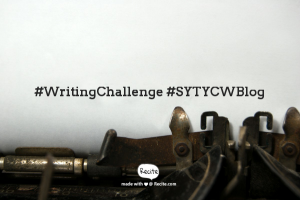 Strong dialogue will draw readers into your book and catch an editor’s ear. There are a few things that make your dialogue stand out in the slush pile and feel fresh and contemporary:
Strong dialogue will draw readers into your book and catch an editor’s ear. There are a few things that make your dialogue stand out in the slush pile and feel fresh and contemporary:
The dialogue sounds natural: The speech isn’t overly formal, and doesn’t read like a Wikipedia entry explaining the characters’ feelings. Meaning is often in the subtext: What do people wish they could say, and what do they actually say?
Avoidance of AYKB (As You Know, Bob): The characters don’t tell each other things they each already know so the author can convey information to the reader.
The dialogue isn’t clichéd: When the dialogue sounds like it came from another romance novel instead of life, an editor can become bored. Sometimes people do use clichés when speaking, but if you’re going to include clichés, do so deliberately to illustrate character.
The dialogue feels contemporary: Before your twenty-year-old heroine calls someone a “gloomy gus” or your hero wittily invites the heroine into his car with, “Your chariot awaits!” ask yourself when you last heard someone use these expressions.
It’s surprising! People are quirky, weird and unique, and though it seems contradictory, when you add specific details to your writing, it’s more relatable. Don’t be generic!
Your challenge this week is to eavesdrop, uh, I mean, scientifically observe, conversations around you to gather examples of real life speech that could enrich your dialogue. Watch for figures of speech, body language, subtext and just plain head-turning statements! Your phone’s note-taking app is a great way to surreptitiously capture dialogue from real people. Then share some of your observations in the comments!
Places for your very scientific observations could include coffee shops, stores, restaurants, trains, buses, subways, parks, museums, streets, the gym, the elevator – literally anywhere people congregate.

Bonus challenge: After spending some time listening to people, read your own manuscript dialogue aloud. Does it sound natural? Is it contemporary? Does it reveal character and entertain?
Ready, authors? Now, research!
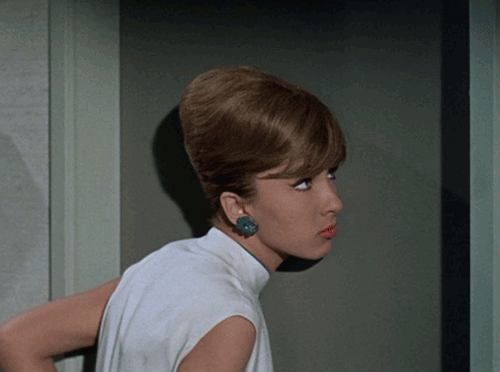
Need more tips on dialogue? Check out Mastering the art of dialogue and Say it with Style: How to write great dialogue from our archive.

